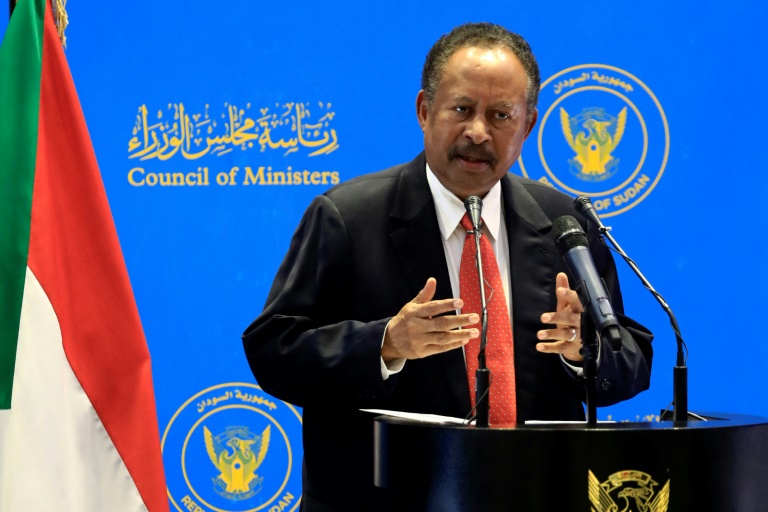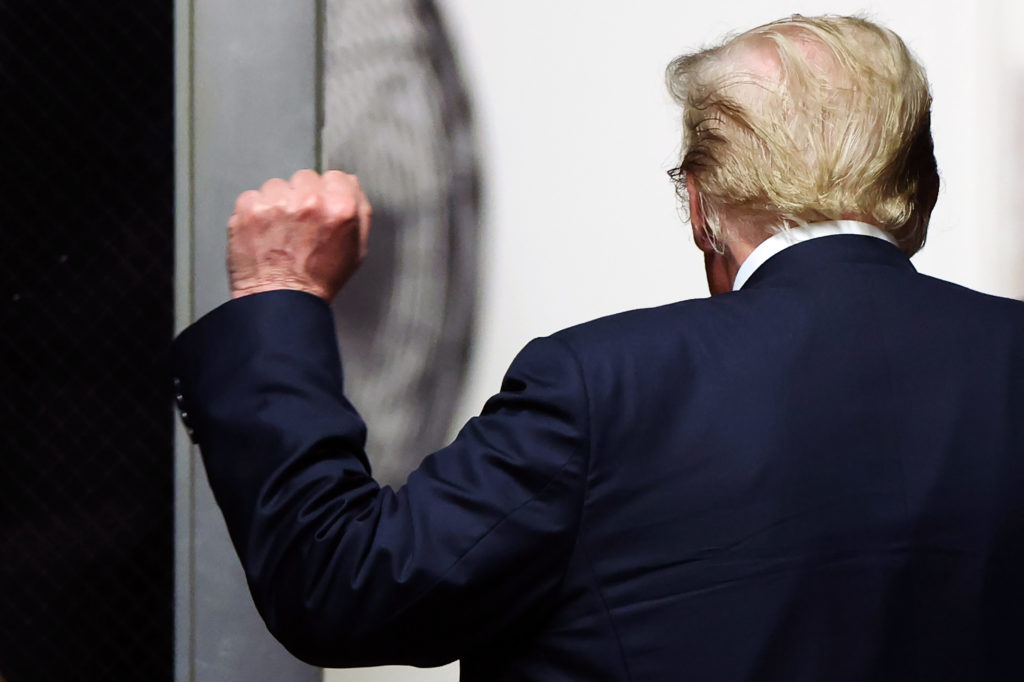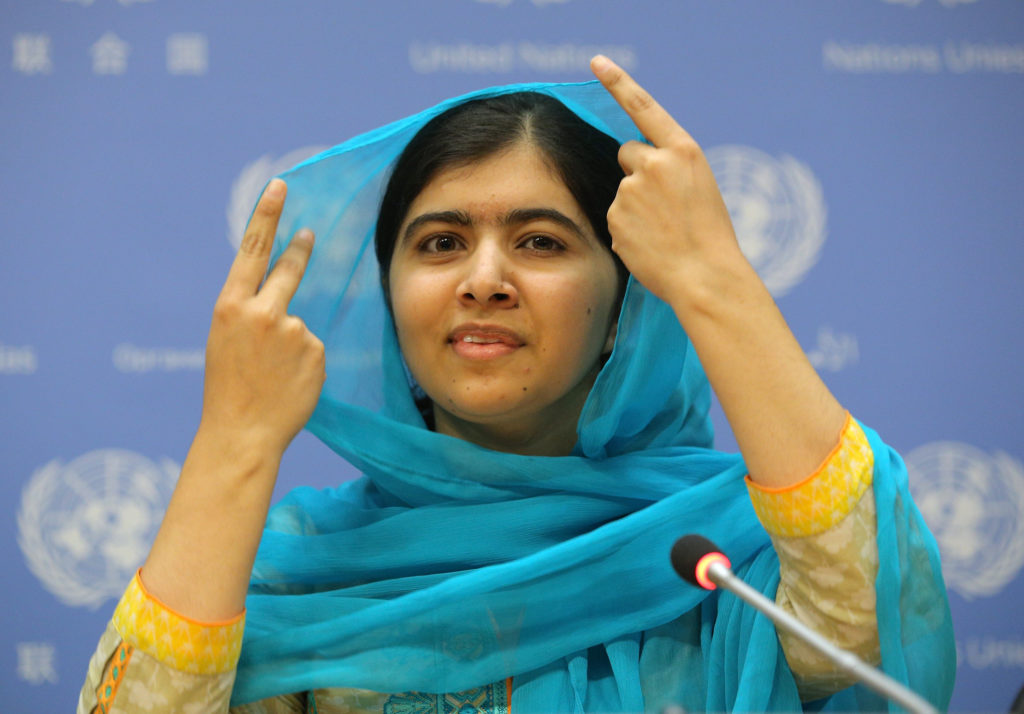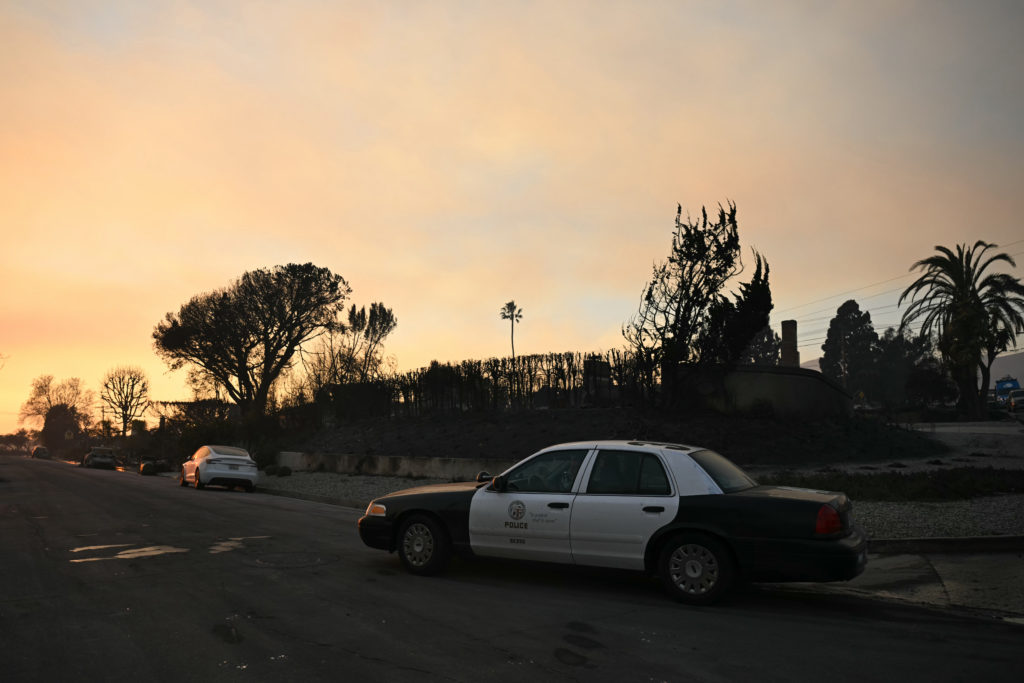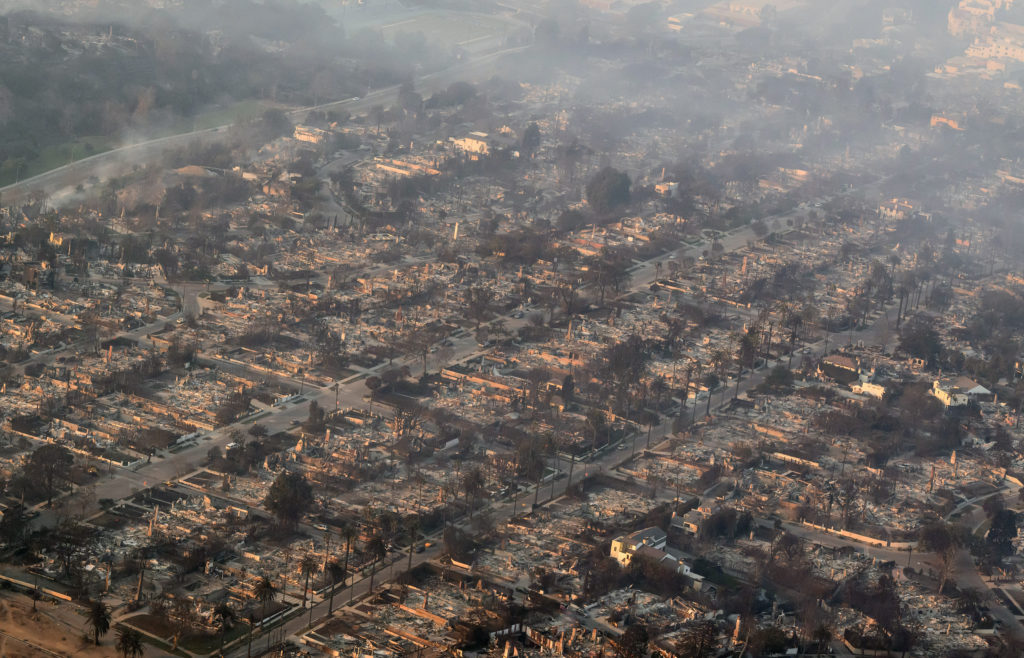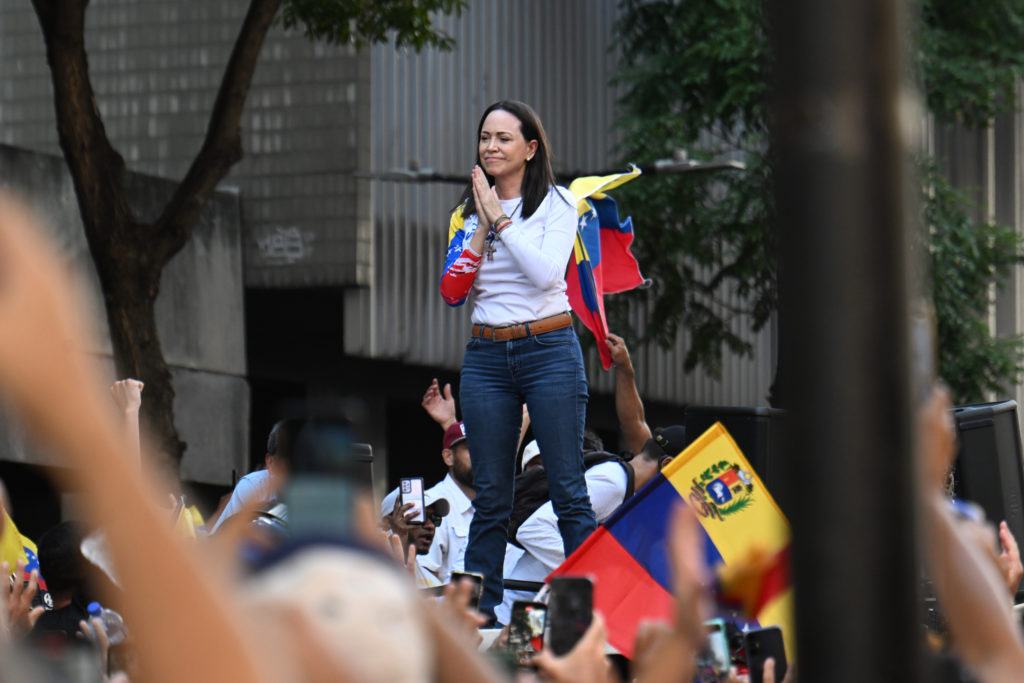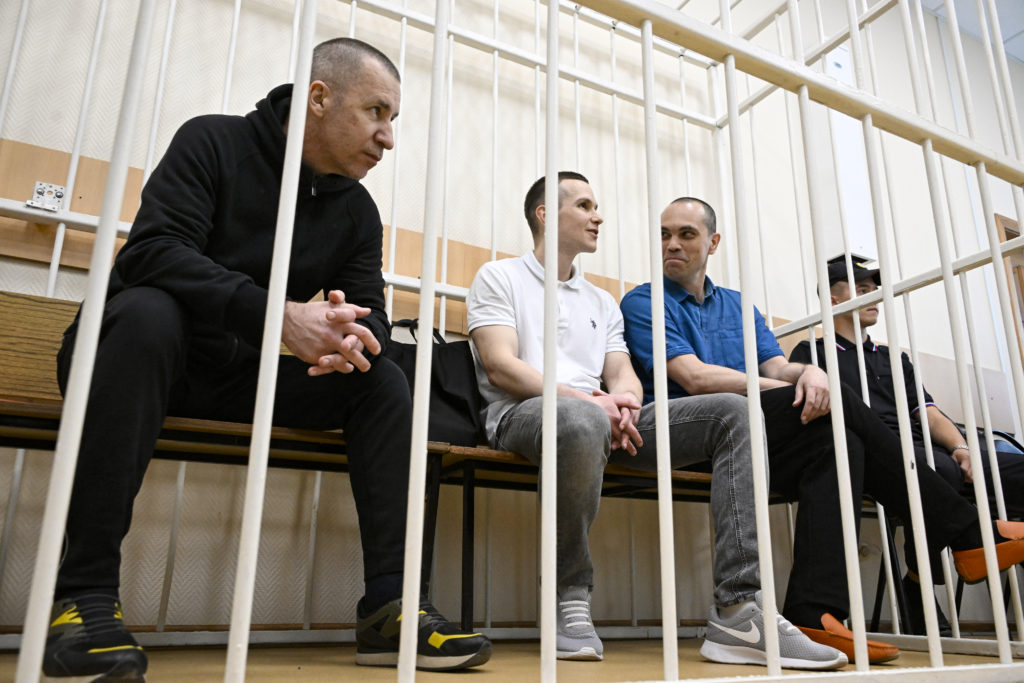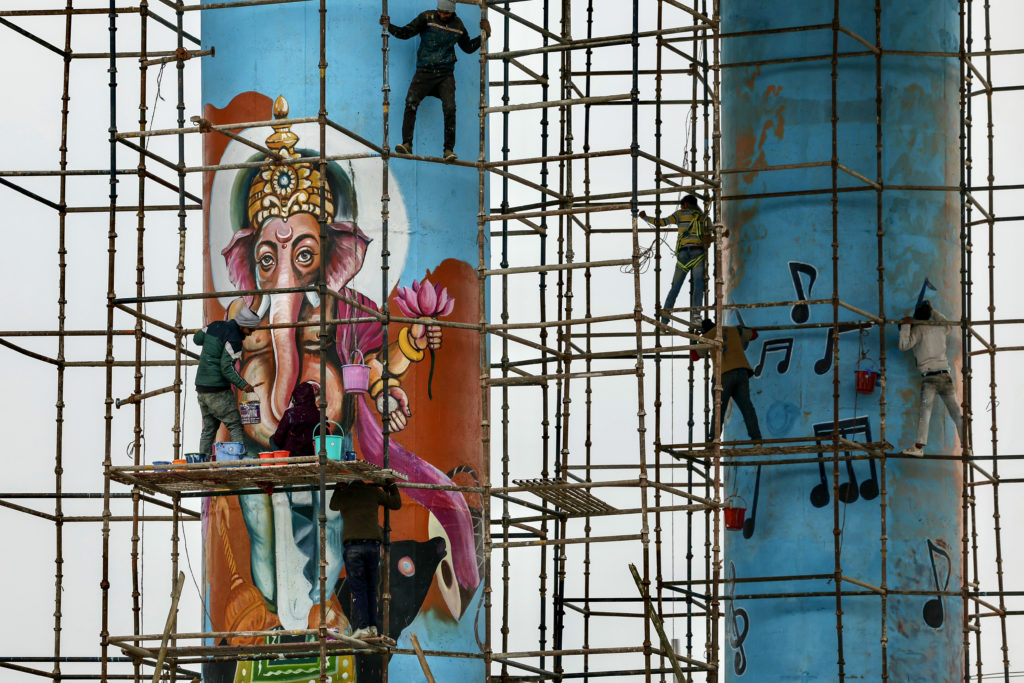Sudan’s Prime Minister Abdalla Hamdok was the face of the country’s transition to civilian rule for more than two years. Now he is detained by the military following a coup.
A British-educated economist who worked for the United Nations and African organisations, Hamdok carved an image as a champion of transparency and good governance over the course of a rich career.
Greeted as the saviour of Sudan’s economy, the moustached technocrat was all smiles riding on a wave of popularity early in his post in 2019.
He led the transitional government following a power-sharing deal between civilian leaders and military generals in August of that year.
After the military toppled long-time autocrat Omar al-Bashir, Sudanese were looking for solutions to the economic crisis of Bashir’s rule, and to months of political turmoil.
Hamdok was outside Sudan and not directly involved in the protest movement that ended Bashir’s decades in power, but his appointment appeared to be well received by the population.
“He has the skills we need the most at the moment,” Sumaila Ibrahim, a 21-year-old student at Khartoum University, said at the time.
But Hamdok’s challenges were vast: shortages of basic commodities, the need to improve productivity and rebuild a banking sector he said had all but collapsed.
“With the right vision, with the right policies, we will be able to address this economic crisis,” he told reporters after taking his oath.
He also sought to cement ties with the international community and unify fragmented political factions.
Hamdok was born in 1958 in the state of South Kordofan.
After completing a degree in agricultural economics in Khartoum he moved to Manchester in the United Kingdom for his masters.
Years later his home state found itself on Sudan’s southern border when South Sudan became independent in 2011 after decades of war with the north.
– A clear position –
His own village turned into a war zone and Hamdok was keen to push for a resolution to Sudan’s civil conflicts.
Hamdok drew on his experience in various African peace-building initiatives when Sudan signed a deal with rebel groups in October 2020 to end unrest in Sudan’s regions of Darfur, Kordofan and Blue Nile.
He had worked with the African Trade and Development Bank and sat on the board of the Mo Ibrahim Foundation. It was founded by the eponymous Sudanese-British billionaire to promote good governance and leadership in Africa.
Prior to joining the post-Bashir transition he was deputy executive secretary of the UN’s Economic Commission for Africa in Addis Ababa.
In 2018 Hamdok turned down an offer by Bashir to become finance minister as part of a government reshuffle.
Bashir’s regime had long been under crippling US sanctions but with Hamdok’s government in power Washington removed Sudan from a sponsors of terrorism list.
That and debt relief from international creditors opened the way for foreign investment.
The tradeoff was tough economic reforms. His government scrapped subsidies on petrol and diesel and carried out a managed float of the Sudanese pound.
Many Sudanese saw the measures as too harsh and they triggered anti-government protests in several parts of Sudan.
Delays in delivering justice to the families of those killed under Bashir, and even during the 2019 protests following the autocrat’s ouster, also left Hamdok vulnerable to criticism.
His troubles escalated from mid-September when anti-government protesters blockaded Sudan’s main seaport, triggering nationwide shortages in wheat and fuel.
Divisions deepened within the Forces for Freedom and Change, the umbrella civilian alliance which had spearheaded the protests against Bashir.
On October 15, Hamdok announced a roadmap to overcome what he described as “the worst and most dangerous crisis” of its transition to civilian rule. He blamed deep splits among civilians and among the military, as well as between the civilians and the army.
His own position was clear: “complete alignment to the civilian democratic transition.”

